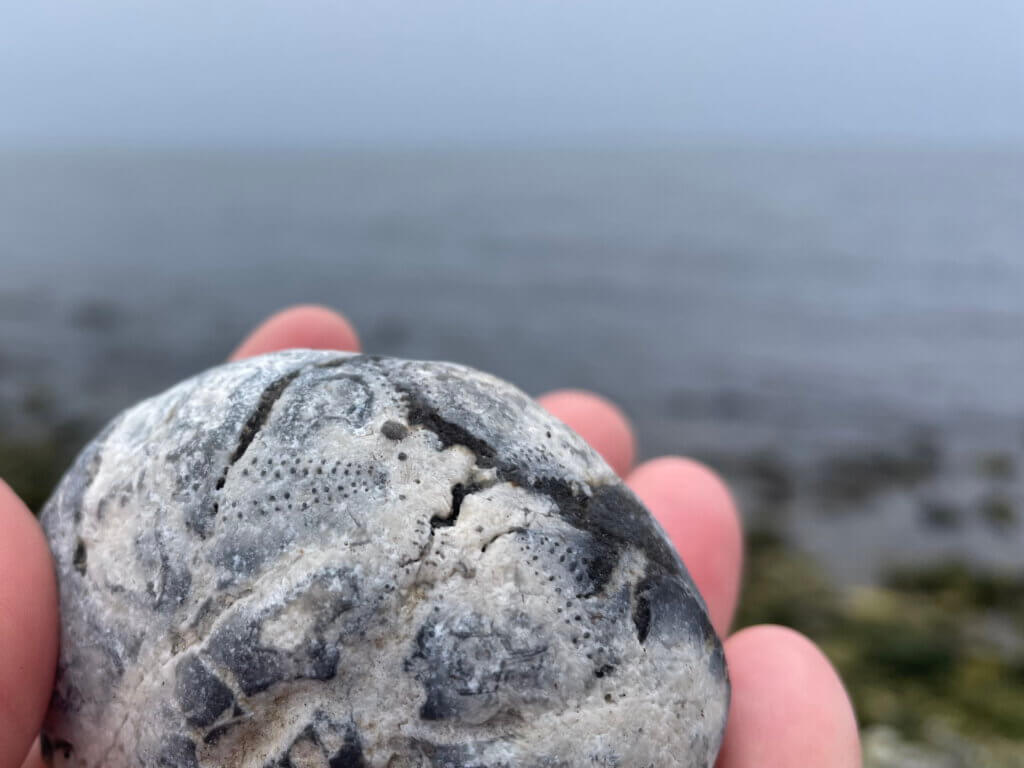
Currently reading Brauner et al. (2023) on ““Trust me, do not trust anyone”: how epistemic mistrust and credulity are associated with conspiracy mentality”
Conspiracy theories are everywhere, and people who believe on one conspiracy theory are highly likely to believe also in others, even if they are completely unrelated to the first one. How come? In the article I’m summarising here, Brauner et al. (2023) investigate the traits that correlate with believing in conspiracy theories.
First, what are conspiracy theories? Typically, they include
- a belief that some group is secretly coordinating something
- that that plan is about something evil and/or illegal
- the belief that that group has political power, rather than the official political system itself
- claims that go against the general consensus in society
- being shared with an intention
This last point, sharing and endorsing conspiracy theories, is driven by three motives
- epistemic motives: looking to make sense of the world and feel certain in a belief
- existential motives: looking for security in the world
- social motives: to be part of a group that is “in the know”
All of this tends to come together in people who have a “conspiracy mentality”. People with a conspiracy mentality have low levels of trust in both politics, sciences, and people in general. They also have a lot of mistrust in information coming from authorities, while being more “credulous” when the information is coming from powerless sources in an attempt to fill the “epistemic vacuum” that arises because of the mistrust in official sources, thus being vulnerable to misinformation.
In a study in Germany, COVID-19 conspiracy theories were found to be related to beliefs in superstition and esotericism, and people with conspiracy mentality were more likely to believe news from right-wing media than mainstream news, and also to spread them further on social media.
In Brauner et al. (2023)’s study, they investigate other factors (e.g., individual narcissism, attachment avoidance and anxiety, authoritarianism, loneliness) but still find that mistrust and conspiracy mentality are closely related, and that gullibility alone doesn’t explain conspiracy mentality without mistrust.
I had hoped for some actionable advice on how to deal with conspiracy theories and people with conspiracy mentality, but turns out that this is a very theoretical paper and maybe the best advice then is still to try to keep talking with them, to not shame them, and to make sure that they still feel included in normal life so as to not push them even deeper into their conspiracy theories? But what I find very interesting is that the tendency for mistrust is described as a trait rather than a state. We haven’t really considered that yet when we look at trust between teachers and students…
On to today’s wave watching: Some pictures that I didn’t manage to post before today, from a beach walk on the South coast during the Easter week!






Brauner, F., Fonagy, P., Campbell, C., Griem, J., Storck, T., & Nolte, T. (2023). “Trust me, do not trust anyone”: how epistemic mistrust and credulity are associated with conspiracy mentality. Research in Psychotherapy: Psychopathology, Process, and Outcome, 26(3), 705.